7 GPTs for Mythos Exploration Powered by AI for Free of 2025
AI GPTs for Mythos Exploration are advanced computational tools designed to delve into the realms of myths, legends, and folklore using the power of Generative Pre-trained Transformers. These tools are tailored to analyze, interpret, and generate content related to various mythologies, providing insights and facilitating a deeper understanding of cultural narratives. By leveraging GPTs, users can explore the intricate details of mythological stories, deities, and mythical creatures, making these ancient narratives accessible to a modern audience. The relevance of these tools in the field of Mythos Exploration lies in their ability to process and generate vast amounts of information, making them indispensable for researchers, enthusiasts, and creators interested in the exploration of mythical narratives.
Top 7 GPTs for Mythos Exploration are: Lovecraftian,Cthulhu in Paradise, a text adventure game,Zen Cthulhu, a text adventure game,Revelations: Cthulhu, a text adventure game,Cthulhu After Dark, a text adventure game,Cute Little Cthulhu, a text adventure game,Cthulhu - Ghastly Adventures
Lovecraftian
Unveiling the Arcane with AI
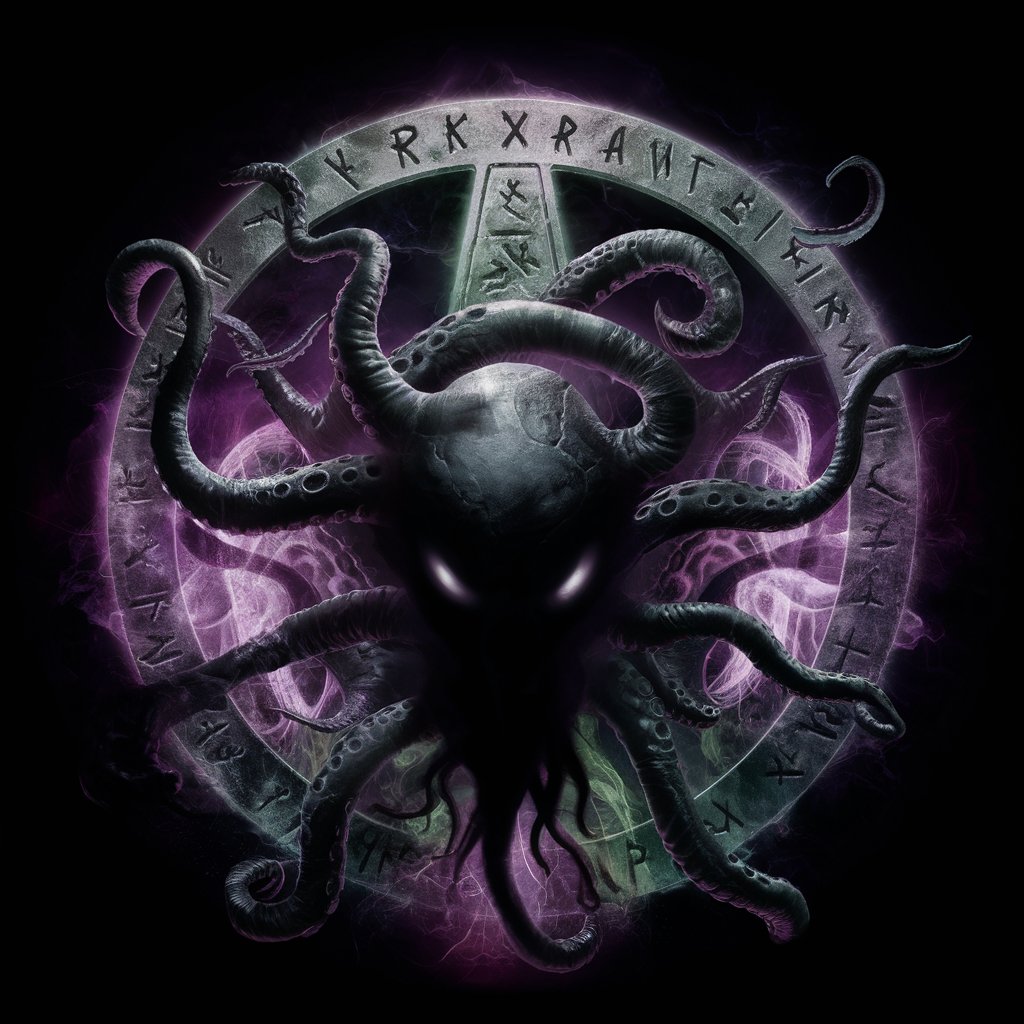
Cthulhu in Paradise, a text adventure game
Dive into Eldritch Horrors with AI
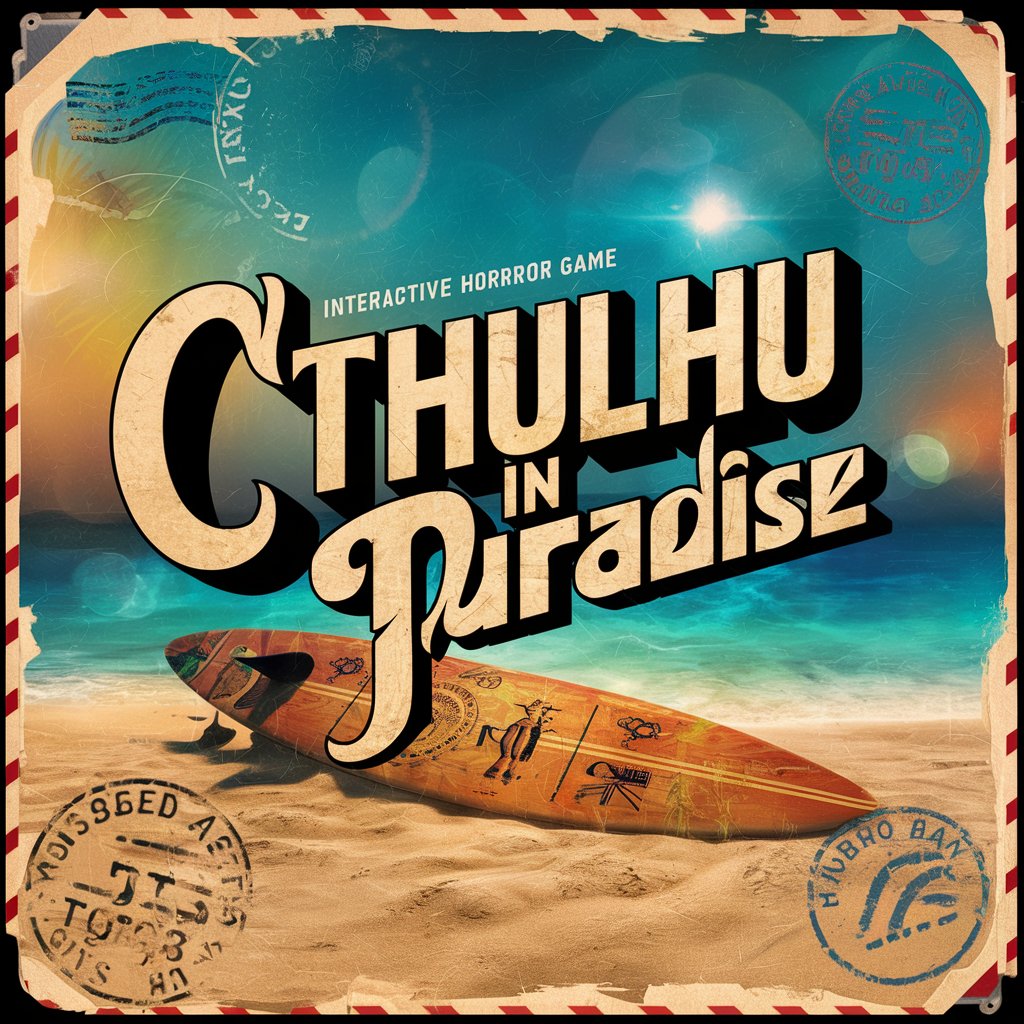
Zen Cthulhu, a text adventure game
Dive into Cosmic Horror, Guided by AI
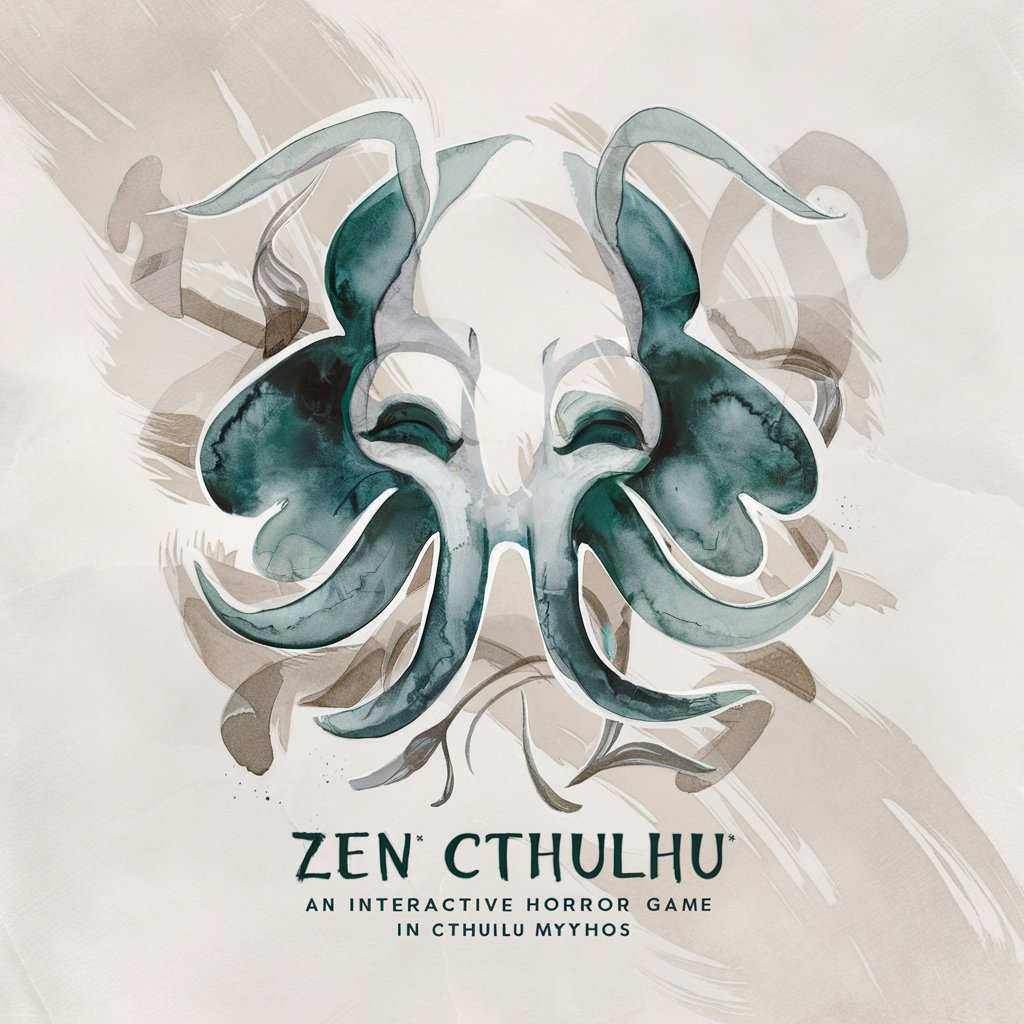
Revelations: Cthulhu, a text adventure game
Unravel cosmic horrors with AI
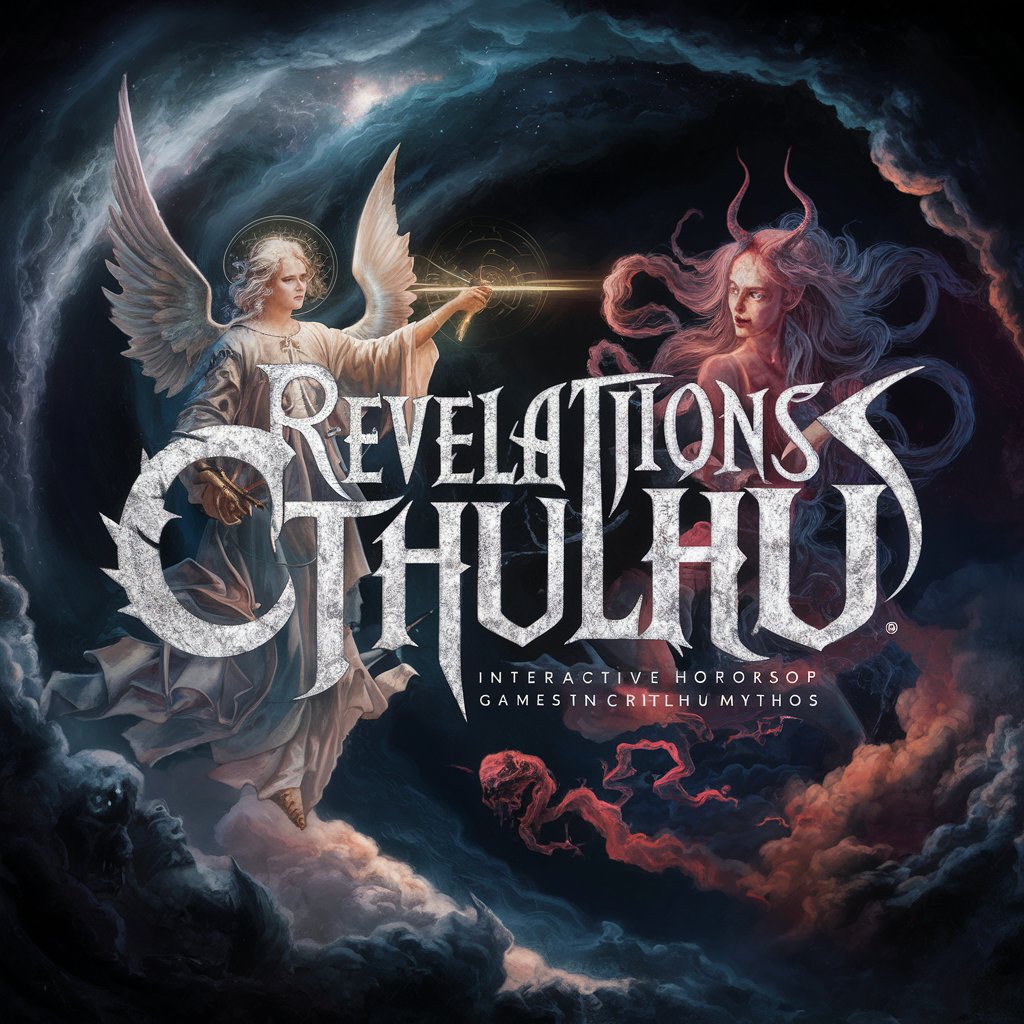
Cthulhu After Dark, a text adventure game
Dive into cosmic horror with AI-driven narratives.

Cute Little Cthulhu, a text adventure game
Explore eldritch horrors with AI-powered whimsy.
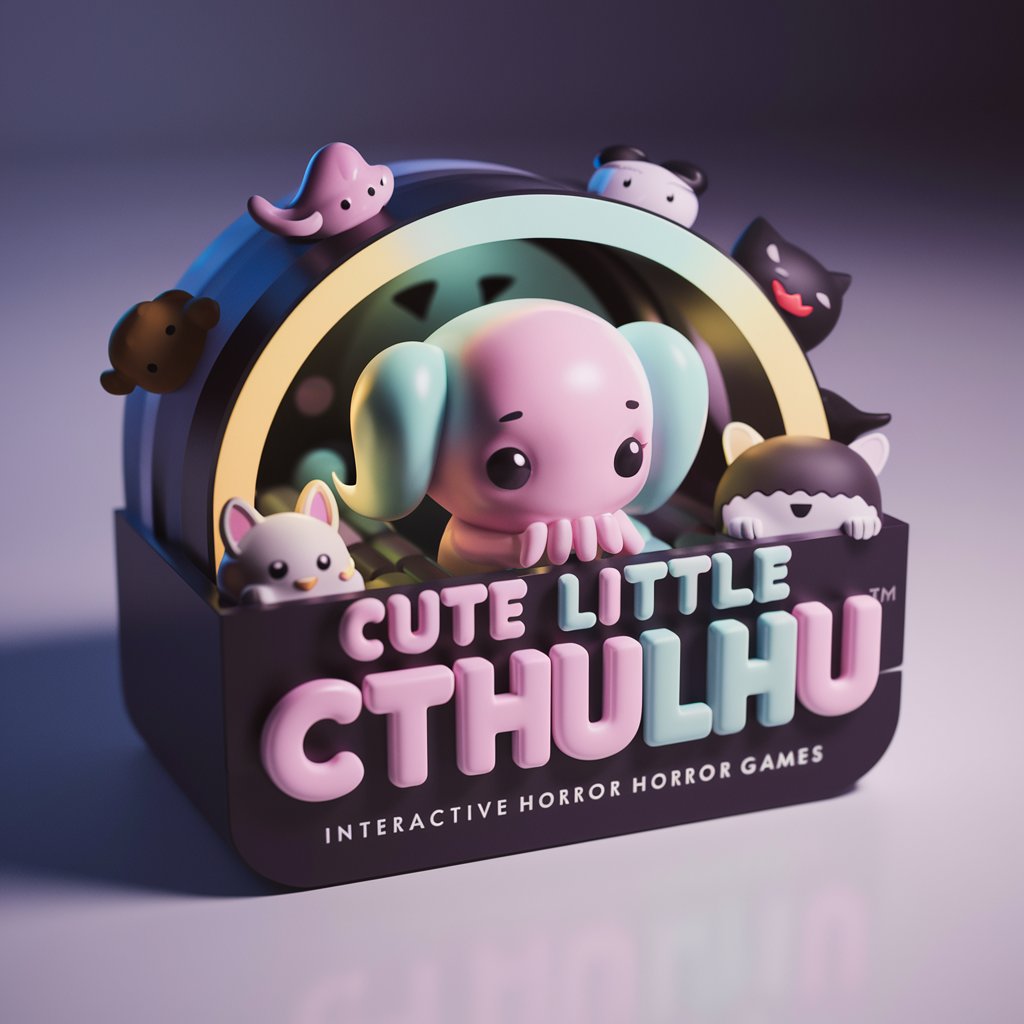
Cthulhu - Ghastly Adventures
Unveil the horror, shape your destiny.
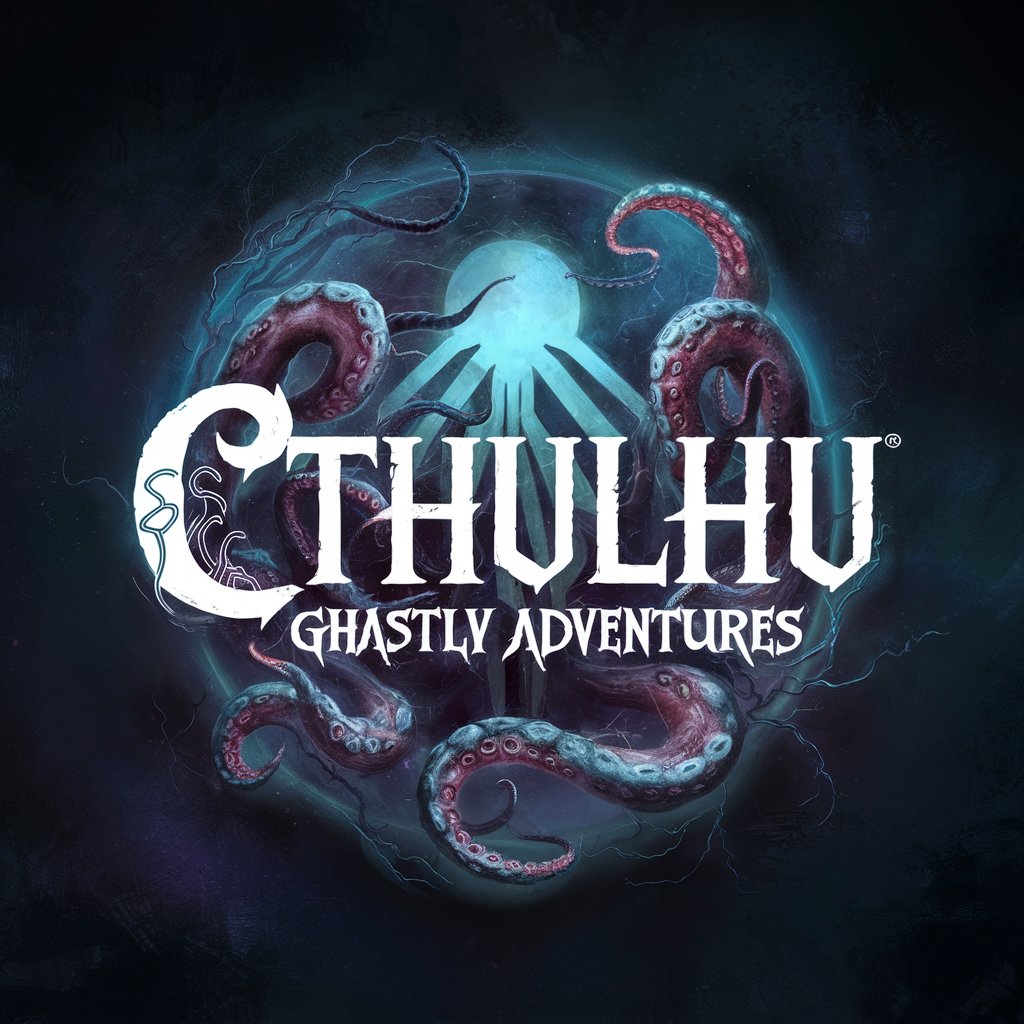
Distinctive Attributes of AI GPTs in Mythos Inquiry
AI GPTs for Mythos Exploration stand out due to their versatility and depth. These tools can adapt from basic content generation to complex narrative analysis, supporting a wide range of activities including language learning, technical support, web searching, image creation, and detailed data analysis. Special features include the ability to understand and generate content in ancient languages, provide comparative mythological analyses, and create visually rich representations of mythological concepts. This adaptability and range of functions make them particularly valuable for comprehensive mythos studies.
Who Benefits from Mythos Exploration AI
The primary beneficiaries of AI GPTs for Mythos Exploration include mythology enthusiasts, academic researchers, educators, content creators, and developers. These tools are designed to be accessible to novices with an interest in mythology, providing an easy entry point without the need for coding skills. Simultaneously, they offer extensive customization options for developers and professionals, enabling the creation of tailored applications or the integration of these tools into broader research projects.
Try Our other AI GPTs tools for Free
Behavioral Strategy
Explore how AI GPTs for Behavioral Strategy revolutionize decision-making with tailored insights into human behavior, enhancing strategic initiatives across industries.
Data Simulation
Discover AI GPTs for Data Simulation: cutting-edge tools designed to generate realistic, simulated data for diverse applications, enhancing development, testing, and research.
Scenario Testing
Discover how AI GPTs for Scenario Testing can revolutionize decision-making with advanced simulations and predictions. Tailored for diverse users, these tools offer strategic insights for informed planning.
Lifestyle Evaluation
Discover how AI GPTs for Lifestyle Evaluation can transform your daily routines with personalized insights into health, wellness, and lifestyle optimization.
Networking Growth
Discover how AI GPTs can transform your networking strategy, offering personalized solutions to expand your professional network and accelerate business growth.
Code Improvement
Discover how AI GPTs for Code Improvement can revolutionize your coding workflow, enhancing code quality, efficiency, and security with advanced AI-powered tools.
Enhanced Perspectives through AI in Mythology
AI GPTs offer a unique lens through which to view and interact with mythological content, providing not just analytical depth but also creative breadth. Their user-friendly interfaces and flexibility in integration with existing workflows or systems underscore their potential as customized solutions across different sectors, including education, entertainment, and research. The evolution of these tools continues to open new avenues for exploring mythos in innovative and accessible ways.
Frequently Asked Questions
What exactly are AI GPTs for Mythos Exploration?
AI GPTs for Mythos Exploration are tools that utilize generative pre-trained transformers to analyze, interpret, and generate content related to mythologies, legends, and folklore.
How do these tools differ from general AI models?
These tools are specifically tailored for mythos exploration, equipped with capabilities to understand and generate content in the context of myths and legends, which sets them apart from more generic AI models.
Can I use these tools without any programming experience?
Yes, these tools are designed to be user-friendly and accessible to those without programming skills, while also offering advanced features for those with technical expertise.
What kinds of projects can benefit from AI GPTs in Mythos Exploration?
Projects ranging from academic research, educational content creation, to interactive digital experiences such as games or virtual reality environments can benefit from these tools.
Are there customization options available for developers?
Yes, developers have access to a range of customization options to tailor the tools for specific projects or to integrate them into existing systems.
Can these tools generate content in ancient languages?
Some AI GPTs for Mythos Exploration are capable of understanding and generating content in ancient languages, enhancing their utility for in-depth mythological studies.
How do these tools handle comparative mythological analysis?
These tools can analyze multiple mythologies to identify common themes, characters, and narratives, facilitating comparative studies.
Is it possible to visually represent mythological concepts with these tools?
Yes, alongside textual content generation, some of these tools offer capabilities to create visual representations of mythological concepts, aiding in the visualization of complex ideas.